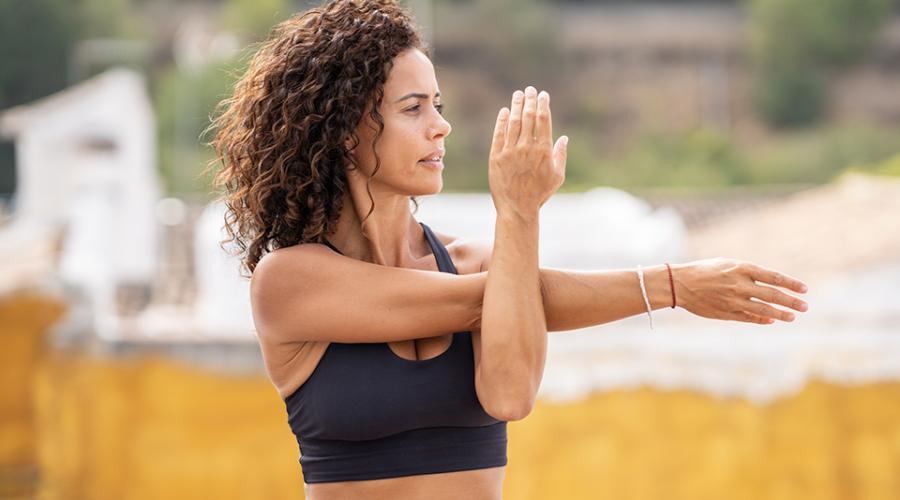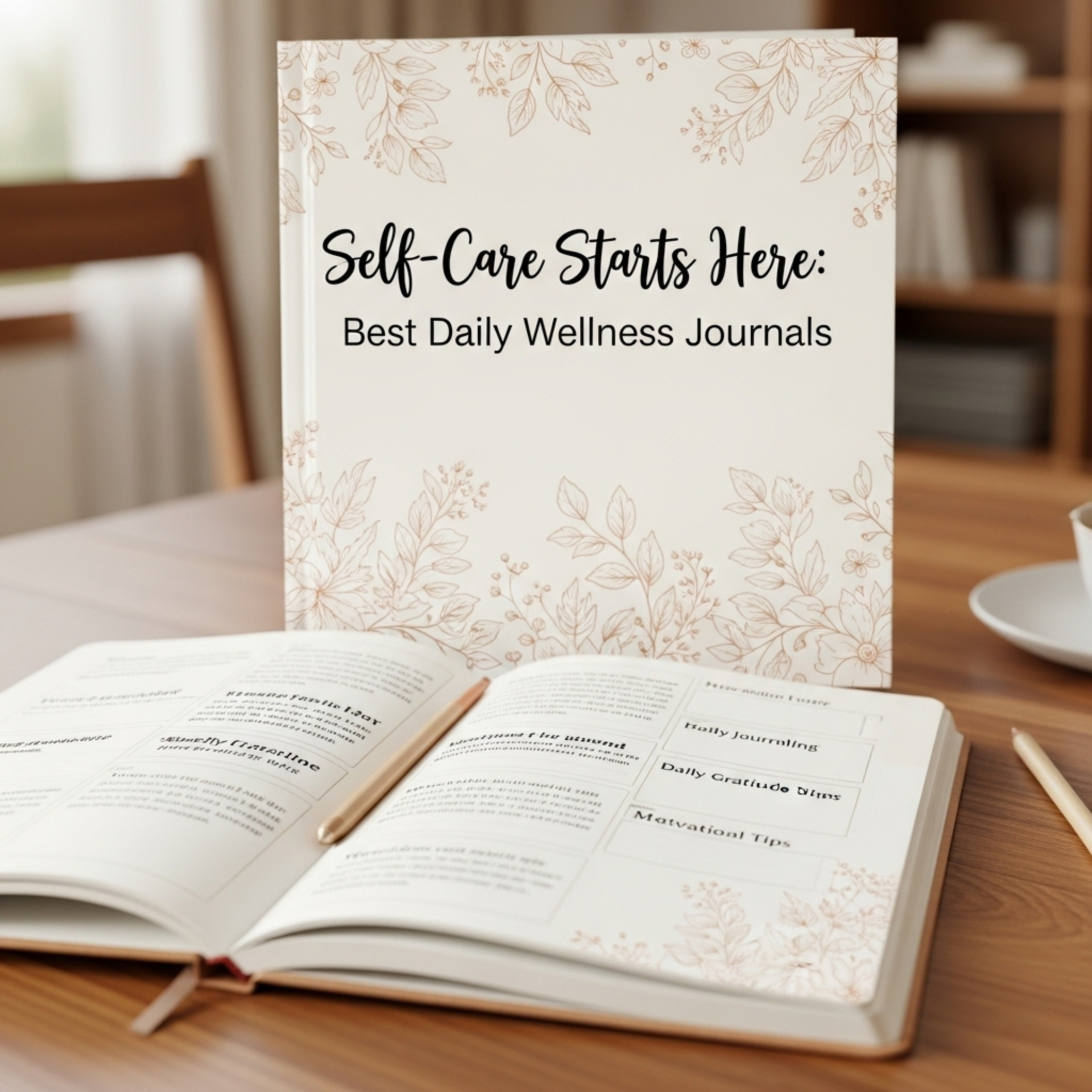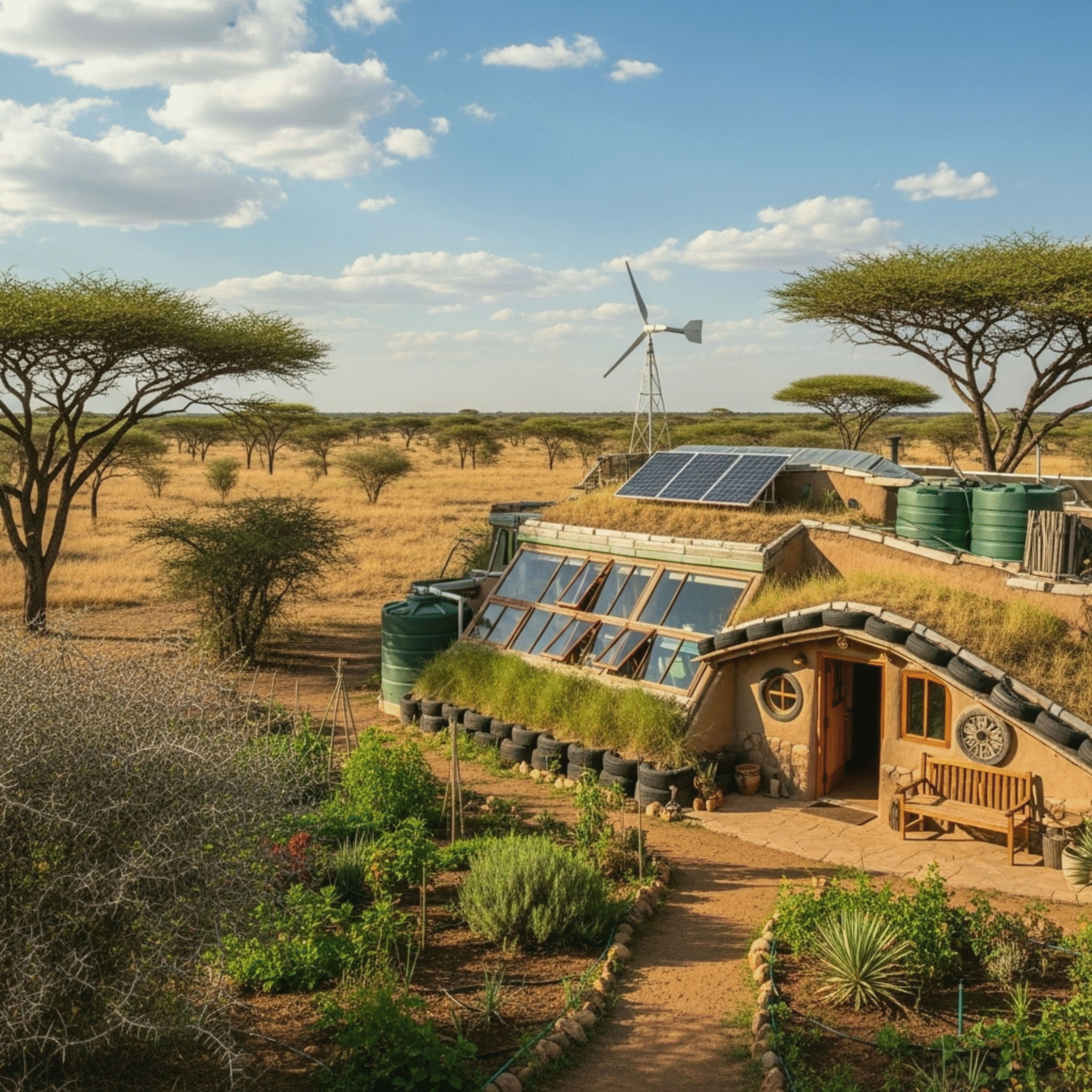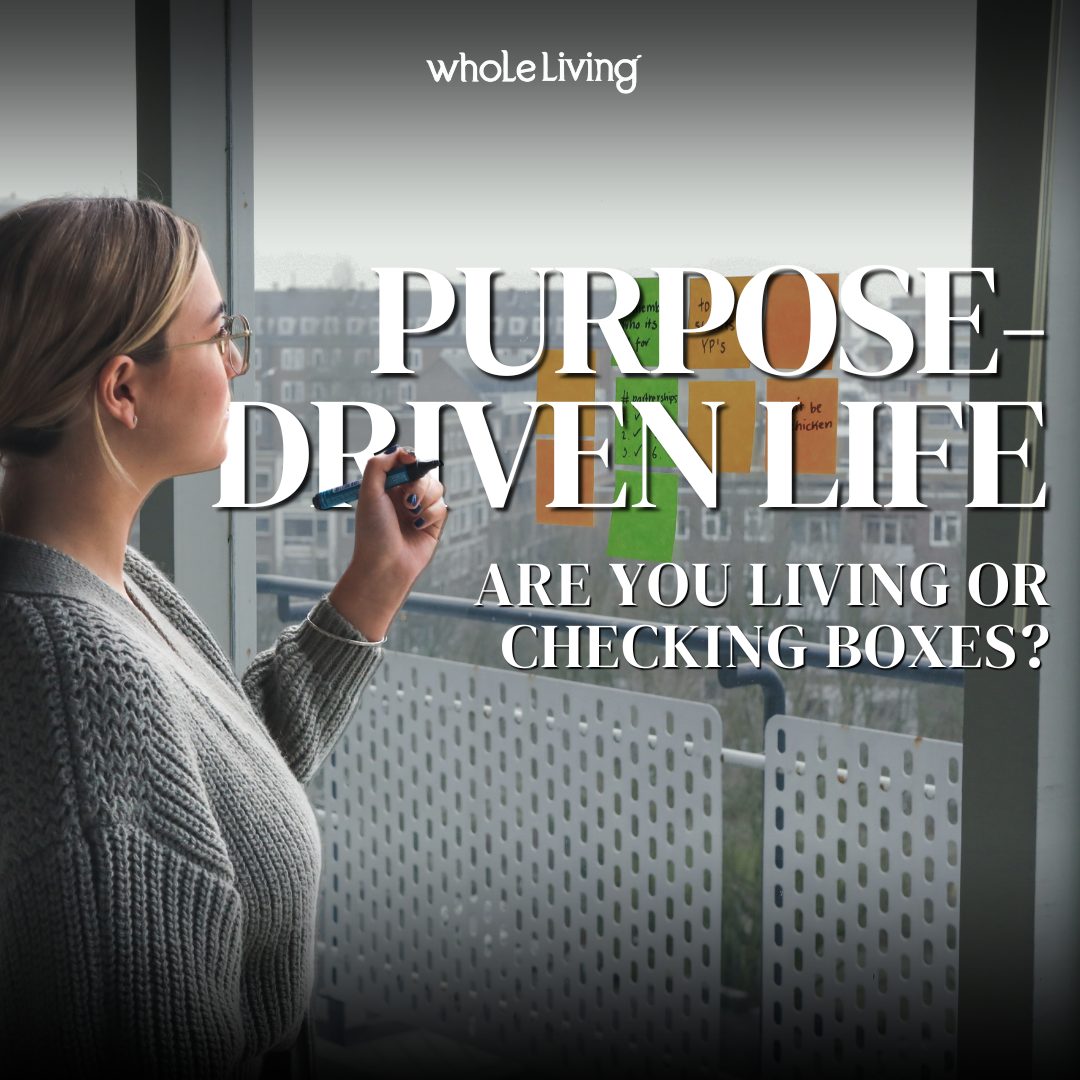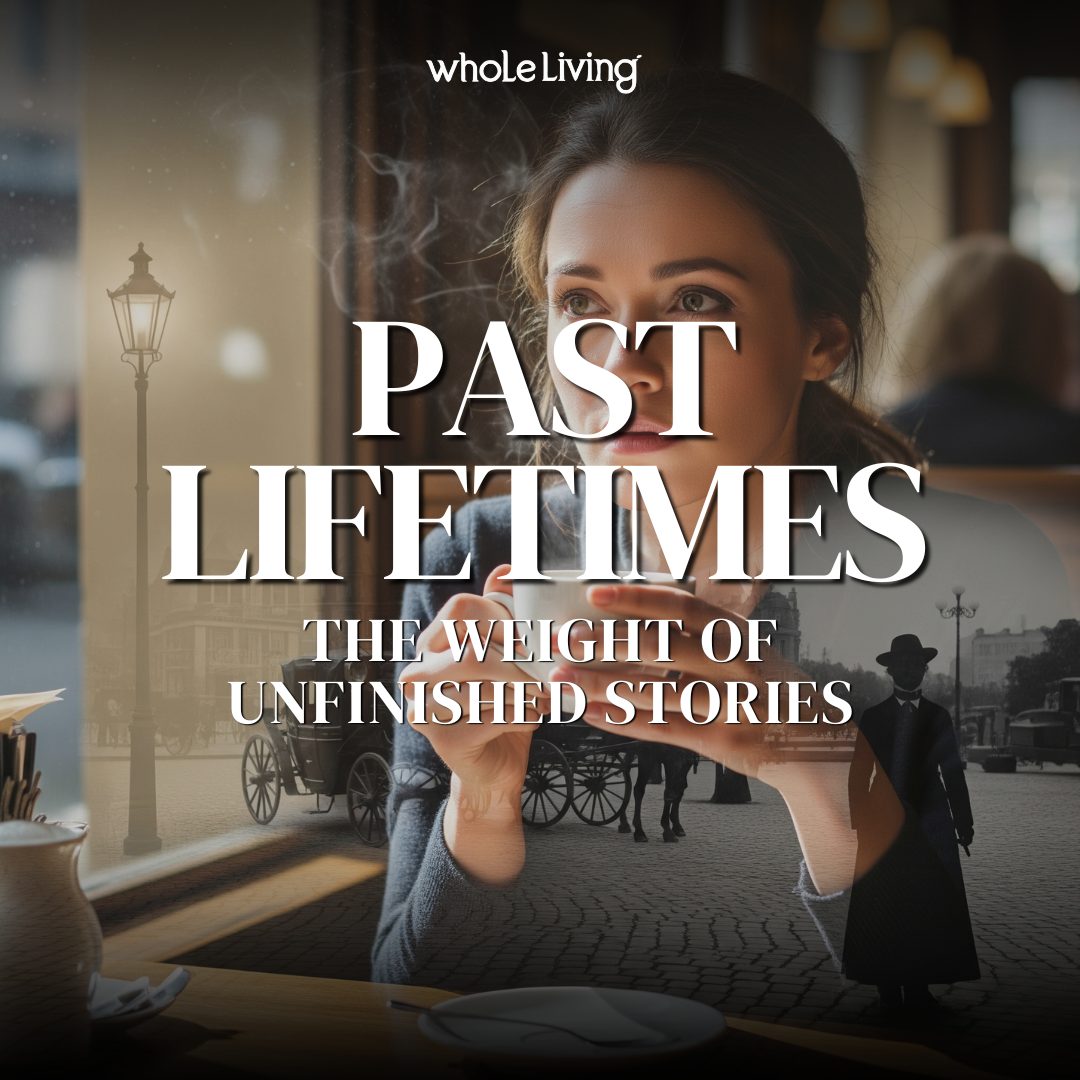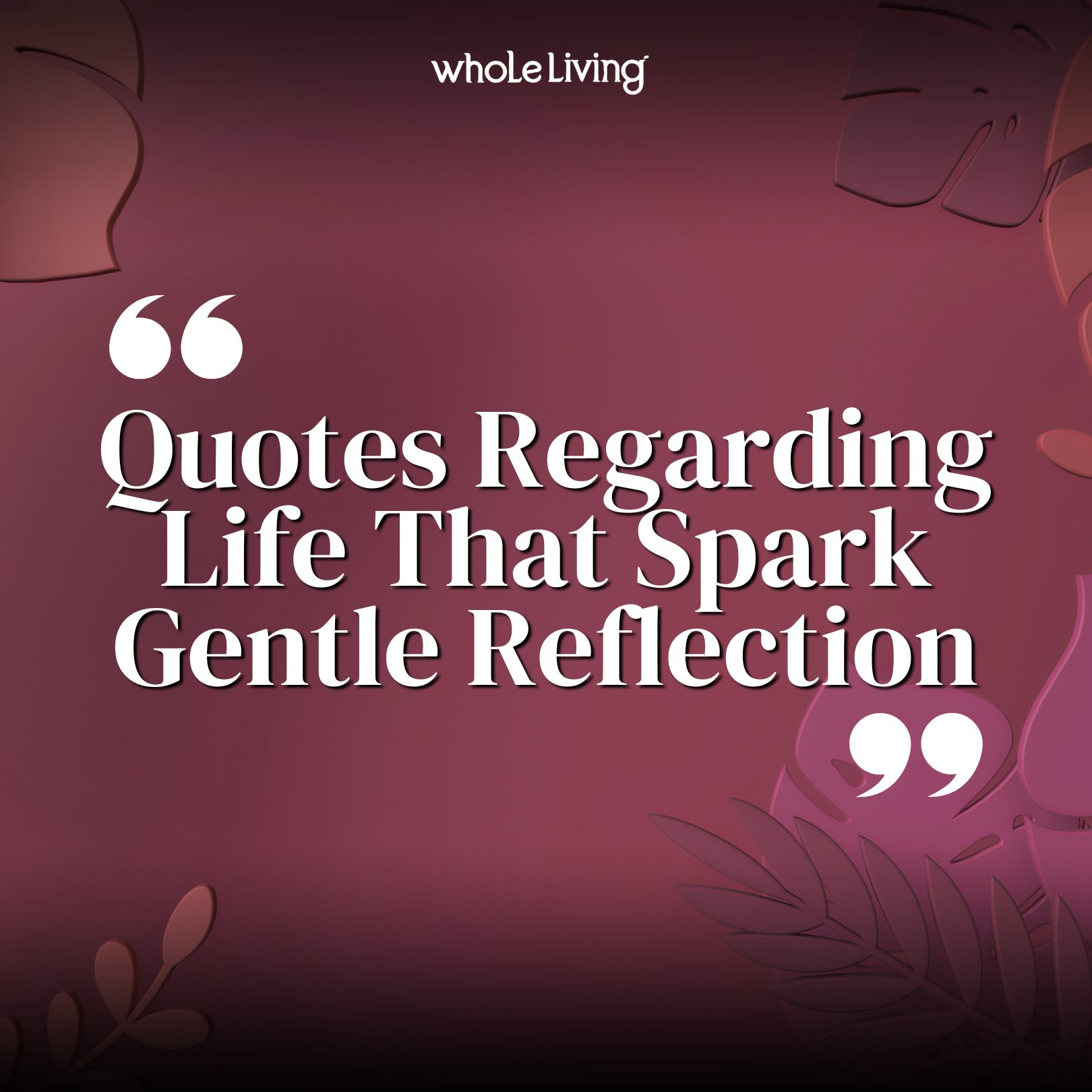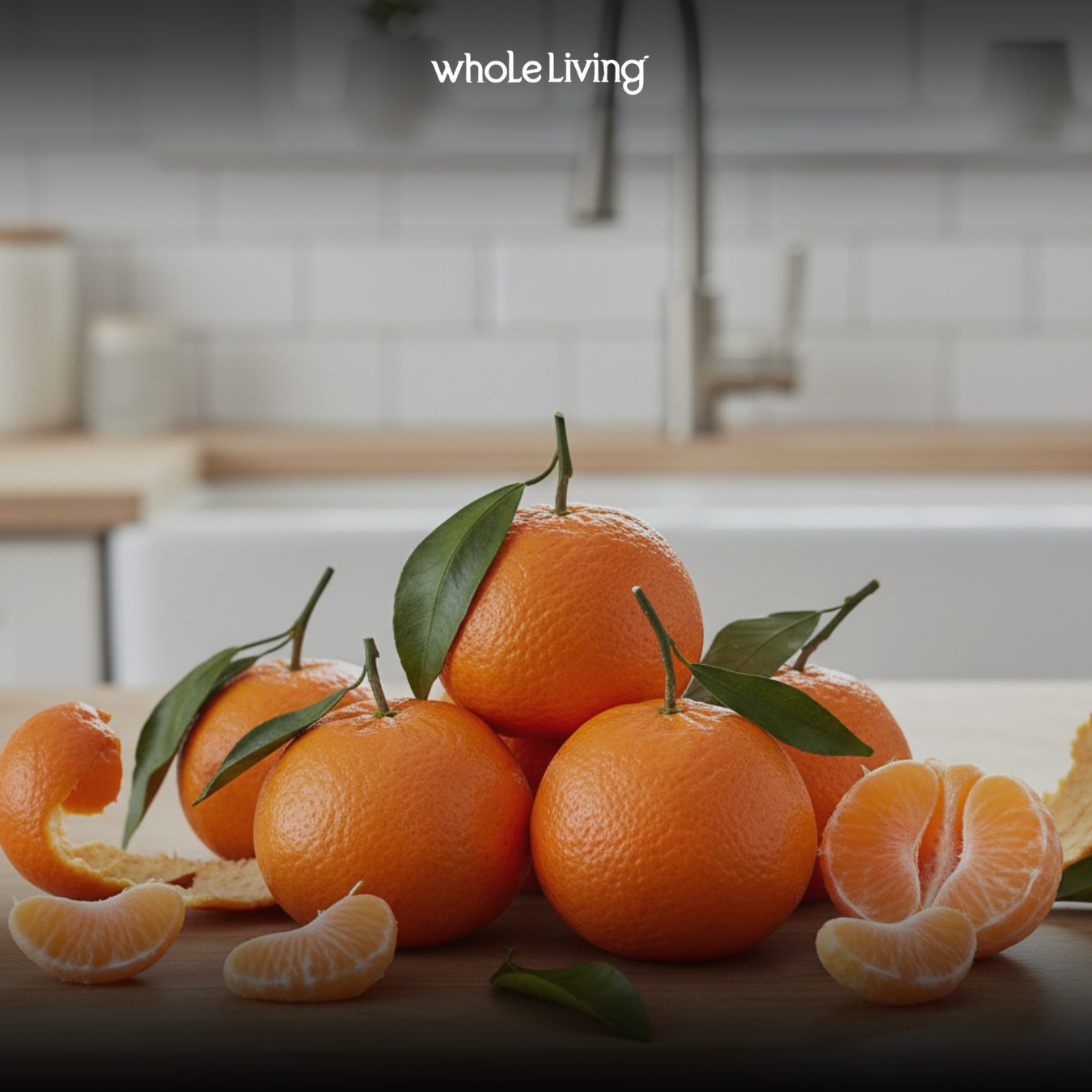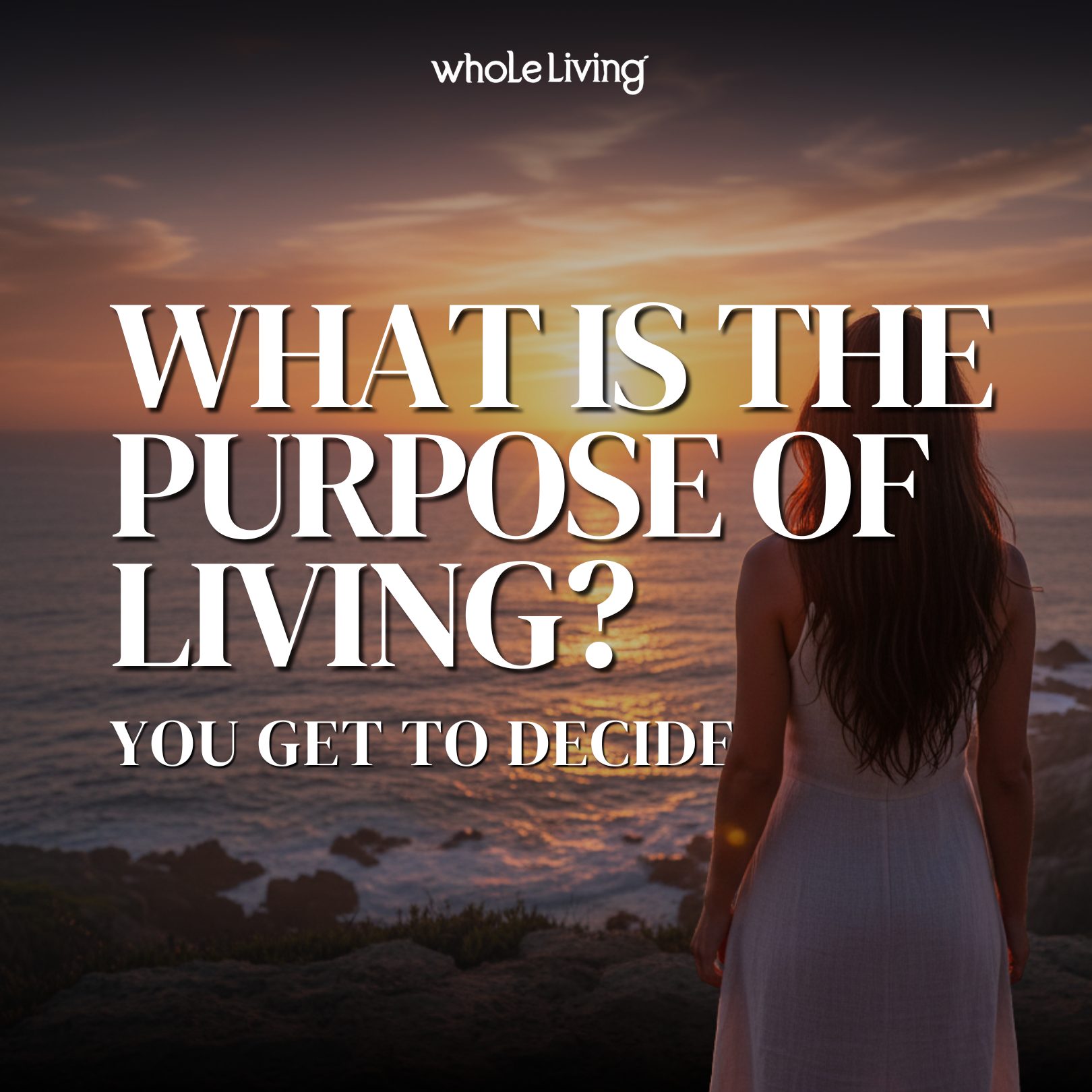In This Article
You don't need more stuff. You need more space to grow. Welcome yourself to a minimal lifestyle.
Right now, you're carrying more than you need. Not just in your hands, but in your heart and mind. Life can feel heavy, not because of what you're doing, but because of everything you're holding onto. It might be physical clutter, mental overwhelm, or emotional weight you haven't let go of yet.
A minimal lifestyle isn't about stripping your world bare. It's about making space for what truly matters—peace, purpose, and the quiet moments that bring clarity. It's choosing less chaos and more calm and making room in your day, your home, and your mind for what really feeds your soul.
You might be feeling stuck, overwhelmed, or unsure where to begin. That’s okay. We all start somewhere. This is your gentle invitation to begin again. And I’ll be right here, walking beside you, as we take each step toward a simpler, freer, more fulfilling life.
What a Minimal Lifestyle Really Means

A minimal lifestyle is more than cleaning your house or clearing your closet. It’s about letting go of what no longer serves you—inside and out. When you choose simplicity, you create space for what matters most: your health, your peace, your relationships.
This lifestyle is rooted in clarity. You start seeing the difference between what you own and what owns you. You begin to feel the weight of excess, and more importantly, the lightness of letting go. That’s when you start to reclaim your energy and attention.
Most people confuse minimalism with extreme restriction, but it’s actually the opposite. It allows you to live more fully, with less stress. You reduce the physical clutter and, just as importantly, the mental clutter. This shift clears the path for calm, focus, and a deeper connection to your values.
You start noticing the joy in everyday moments. Breathing feels easier. Decisions get simpler. And life? Life feels more yours. This isn’t about perfection. It’s about purpose.
The Shift From More to Less (And Why It Matters)

Most people live with too much—too much stuff, too many commitments, too many distractions. But more isn't always better. In fact, it often weighs us down. A minimalist lifestyle is a conscious choice to shift from more to less, but with meaning and mindfulness.
When you become a minimalist, you begin asking powerful questions: Do I need this? Does this align with my values? Am I keeping this out of guilt or fear? Each answer brings you closer to clarity and self-awareness.
This isn’t just about getting rid of things. It’s about taking back your time, your energy, and your peace. The less you carry, the freer you feel. And in that freedom, you find the space to grow into the version of yourself you've always wanted to be.
Choosing less opens space. Not just physical space in your home, but space in your mind and calendar. With this space, you can breathe deeper, rest longer, and spend time on what you love. That’s how growth begins.
How to Begin Your Minimalist Journey

The first step? Start small. Don’t aim to become a minimalist in a weekend. Begin with a drawer, a corner, a bag of clothes. Even a few minutes of effort can make a difference and start building momentum.
Ask yourself: Do I use this? Does it make me feel good? If not, it might be time to let it go. Get rid of excess stuff and you’ll be amazed at how much lighter your space—and spirit—feels.
Decluttering is an act of love. You’re not just cleaning up—you’re clearing a path to the life you want. Choose one area of your home. Give it attention. Let go of what no longer fits your life. You don't have to get rid of everything. Keep the good stuff, the meaningful things. Just stop holding onto what creates stress. That’s where real peace begins. Minimalism helps you reset your surroundings and your mindset.
Common Misconceptions About the Minimalist Lifestyle
Let’s clear up some myths. These are the most common misconceptions about minimalist living:
- “You have to live with the bare minimum.” Not true. A minimalist home still feels full—of peace, light, and intention. It doesn’t mean living in a stark, empty space unless that’s what you want.
- “It’s only for young, single people.” Minimalism suits families, retirees, students—everyone. It’s about simplifying, not isolating. Parents, couples, and even large families can benefit from a simpler life.
- “It means giving up all the things you love.” A minimal lifestyle helps you keep only the things that bring value and joy. If it’s meaningful, it belongs in your life.
- “It’s boring or sterile.” A minimalist home can be colorful, cozy, and deeply personal. It reflects your style and story.
Minimalism isn't a rulebook. It’s a mindset. A lifestyle. One that gives you more value, more space, and more freedom—without forcing you to follow anyone else’s version of simplicity.
READ ALSO: Your Daily 10 Minute Mindfulness Meditation Reset
How Minimalism Forces Intentionality
When minimalism becomes your compass, you realize that less isn’t about deprivation—it’s about elevation. You strip away the noise so the signal of your true desires can finally come through and start to notice the subtle difference between urgency and importance, between what the world screams you should do and what your soul quietly longs for. You begin to design your days with purpose, not just let them fill up by default.
Clarity replaces clutter. Possessions turn into tools instead of trophies. Relationships grow richer because they’re chosen with care, not out of convenience or habit. Even silence becomes a companion instead of something to escape. And here’s the beauty—you don’t just gain more space; you gain more self. More time to think, more energy to create and more courage to pursue what actually matters.
Minimalism doesn’t shrink your life—it expands it in the right directions. You trade busyness for presence, consumption for creation, and distractions for depth. That’s when you stop merely surviving and start truly living. Because freedom, at its core, isn’t about having everything. It’s about needing less and being more.
Decluttering as a Path to Inner Peace

Decluttering becomes a practice of self-respect. It’s not only about where you live, but about how you live. Each decision to release something—an object, a commitment, even a lingering thought—reminds you that you are choosing what deserves space in your life.
And the more you practice, the lighter you feel. Your home starts to breathe again, and so do you. Rooms open up, not just for furniture, but for laughter, for stillness, for the kind of presence you didn’t realize was missing.
The act of letting go rewires your mindset. Instead of clinging to “someday” items or “just in case” scenarios, you learn to trust yourself in the present. You see that you are enough with less, and that enough is actually more than you ever needed. This isn’t about perfection; it’s about intention. A single cleared surface can become a sanctuary. A closet with space can feel like a doorway to possibility. As your surroundings grow calmer, your inner world follows suit.
Decluttering is not subtraction—it’s transformation. Every item released is an invitation: to rest, to breathe, to live with more clarity and less weight. And with every step, you discover that freedom isn’t something you chase. It’s something you create, one choice at a time.
Zen Habits and Simple Living Every Day
Zen habits can help you live with more awareness and intention. Here are a few powerful practices to bring into your minimal lifestyle:
- Mindful mornings. Begin your day slowly, without your phone. Stretch. Breathe. Set your focus for the day.
- One-task focus. Do one thing at a time. Whether eating, cleaning, or working—be fully present.
- Gratitude rituals. Write down three things you’re thankful for each day. This centers your attention on what matters.
- Evening reflection. Wind down with quiet time. Journal, read, or sit in silence to ease your mind.
- Digital boundaries. Reduce screen time. Turn off notifications. Create sacred spaces where your phone doesn’t go.
Simple living is not about doing less for the sake of less. It’s about doing what matters, with your full heart. You begin to see beauty in quiet moments, and in doing so, you reclaim a sense of calm and control.
Minimalism With Family and Loved Ones
You don’t have to do this alone. In fact, relationships often grow stronger when you simplify your life. Minimalism helps you create space—literal and emotional—for deeper connection.
When you’re not consumed by clutter or chasing more stuff, you have more time to spend with your loved ones. You can listen without distraction, share meaningful experiences, and be fully present.
Kids benefit from minimalist living too. Fewer toys mean more imagination. Clear routines create a sense of safety and peace. You teach them that joy doesn’t come from material things, but from living life together with purpose. Minimalism gives you more room for laughter, conversation, and calm. That’s the kind of home that nurtures growth.
Minimalism as a Gateway to Purpose
One of the unexpected gifts of a minimal lifestyle is the way it reshapes your relationship with money. When you stop buying things you don’t need, you begin to spend with intention. You gain more money, yes, but also more wisdom. You begin to ask: Does this expense align with my goals? Am I buying to fill a void or to meet a need? That awareness leads to better choices, fewer regrets, and deeper satisfaction.
You may even realize you can live well on less. You make room for savings, travel, rest, or even a career change. Minimalism opens the door to a healthier life because financial stress lessens. It creates a sense of freedom that is hard to find in a life filled with excess possessions. When you embrace minimalism, you clear the path to your deeper purpose. With fewer distractions, you can hear your own voice again. The noise fades. The pressure lifts. What remains is clarity.

This space allows you to reflect: What matters to you? What do you want to give to the world? Who do you want to be? These are the questions that minimalist living makes room for. Whole living is rooted in intention and alignment—and purpose is a pillar of that foundation. Minimalism helps you live in alignment with your deepest values. You don’t just go through the motions. You wake up with direction and act with purpose.
That purpose may be family, creativity, healing, service, or joy. Whatever it is, minimalism helps you build a life that supports it—with fewer distractions and more intention.
A Gentle Takeaway
A minimal lifestyle isn’t a finish line. It’s a daily decision to choose less, so you can live with more intention. It’s not about rules or perfection—it’s about creating space for what brings you peace, joy, and fulfillment.
This journey won’t always be easy. You may question, resist, or take steps backward. That’s okay. Growth doesn’t happen overnight. It happens gently, with patience, presence, and trust.
Over time, you’ll look around and realize that your life feels lighter. You feel more rooted, more aware, more you. The freedom you were searching for wasn’t out there in material things. It was within, waiting for space to breathe.
So take your time. Be kind to yourself. Keep choosing less noise and more calm. Keep what brings joy. Let go of what holds you back. You are not alone on this path. You are building space for real growth. And I’m walking right beside you.









